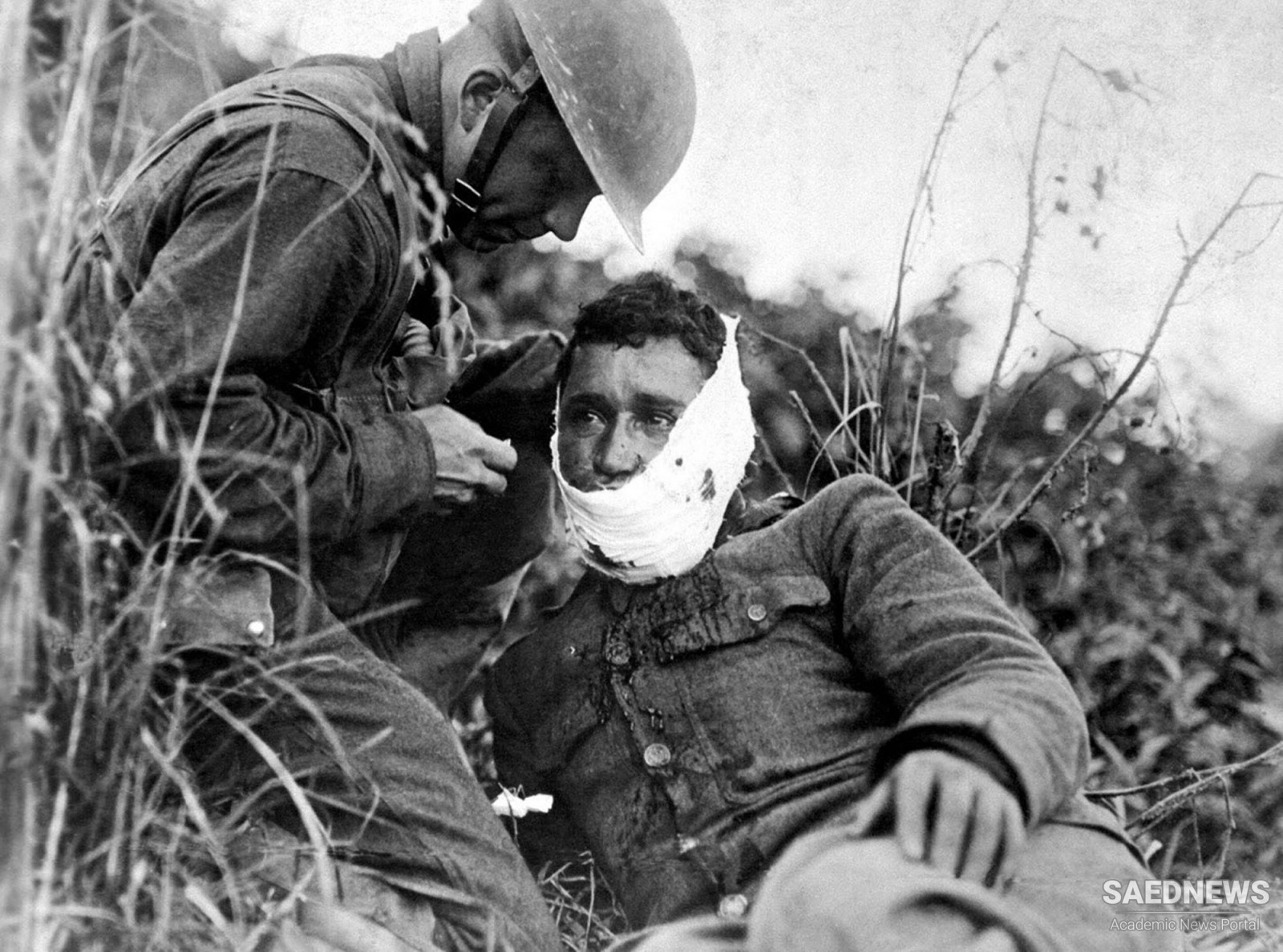Unlike the French in the eighteenth century, whose colonies had been a major source of wealth that could be transferred to their conqueror, the Germans had acquired overseas colonies mainly for reasons of prestige, to bolster their claim to the status of Weltmacht; but they were if anything a drain on their economy.
Their islands in the Central Pacific—the Marshalls, the Marianas, the Carolines—were quickly seized by Britain’s allies the Japanese, as was their base Tsingtao on the Chinese mainland. Those in the South Pacific—Samoa, Papua, the Solomons, the Bismarcks—were taken by the Australians and New Zealanders. Ironically, although all were to be the scenes of desperate fighting in the Second World War, in the First they hardly rated as sideshows.
In West Africa, French and British colonial troops cooperated in clearing Togoland and the German Cameroons. South African forces, largely Boers who had been fighting the British fifteen years earlier, captured German South-West Africa, later Namibia, but German East Africa, later Tanzania, proved a very much harder nut to crack.
The commander of the garrison, Paul von Lettow-Vorbeck, first repulsed a landing by Anglo-Indian troops at Tanga, and then evaded and harassed an expedition sent to destroy him under one of the stars of the Boer War, Jan Christian Smuts, in a guerrilla campaign that was still being successfully waged when the war ended in Europe in 1918.
Lettow-Vorbeck brilliantly upheld the honour of German arms, but the effect of his campaign on the outcome of the war was negligible. It was clear from the outset that the war would be decided on European battlefields. Although the British had been laying plans for ‘Imperial Defence’ for the previous thirty years, these had been concerned not so much with the defence of imperial territory overseas as with contributions from the Empire to the Royal Navy, and with the homogenization of Canadian, Australian, and New Zealand forces with those of the United Kingdom.
British command of the seas enabled those forces to be brought to Europe, some of them escorted by Japanese warships. All were volunteers. Many were first-generation immigrants or their children for whom Britain was still ‘home’, and membership of the British Empire a cause for pride.
In addition, détente with Russia had freed the Indian army for service overseas, although the miserable winter of 1914 that many of them spent in the waterlogged trenches of the Western Front made it clear that this was not the best way to use their services. Fortunately a more convenient theatre of war opened up for them when, at the end of October, the Ottoman Empire entered the war at the side of Germany.


 Colonial Intrusions and Cultural Downfall
Colonial Intrusions and Cultural Downfall














































